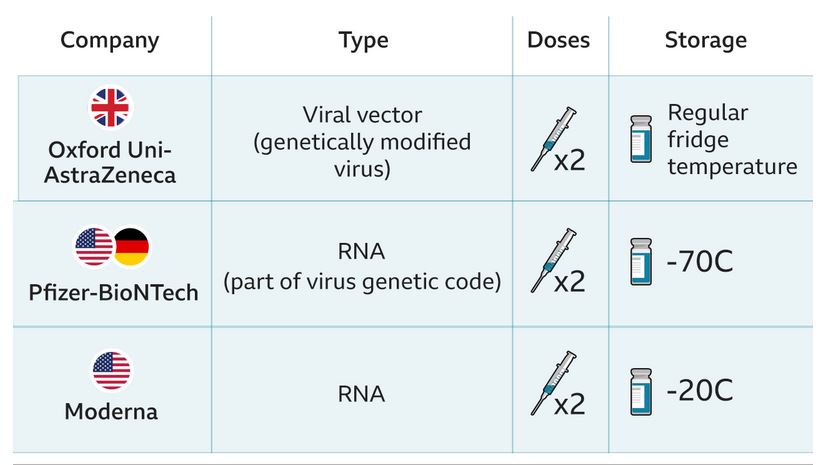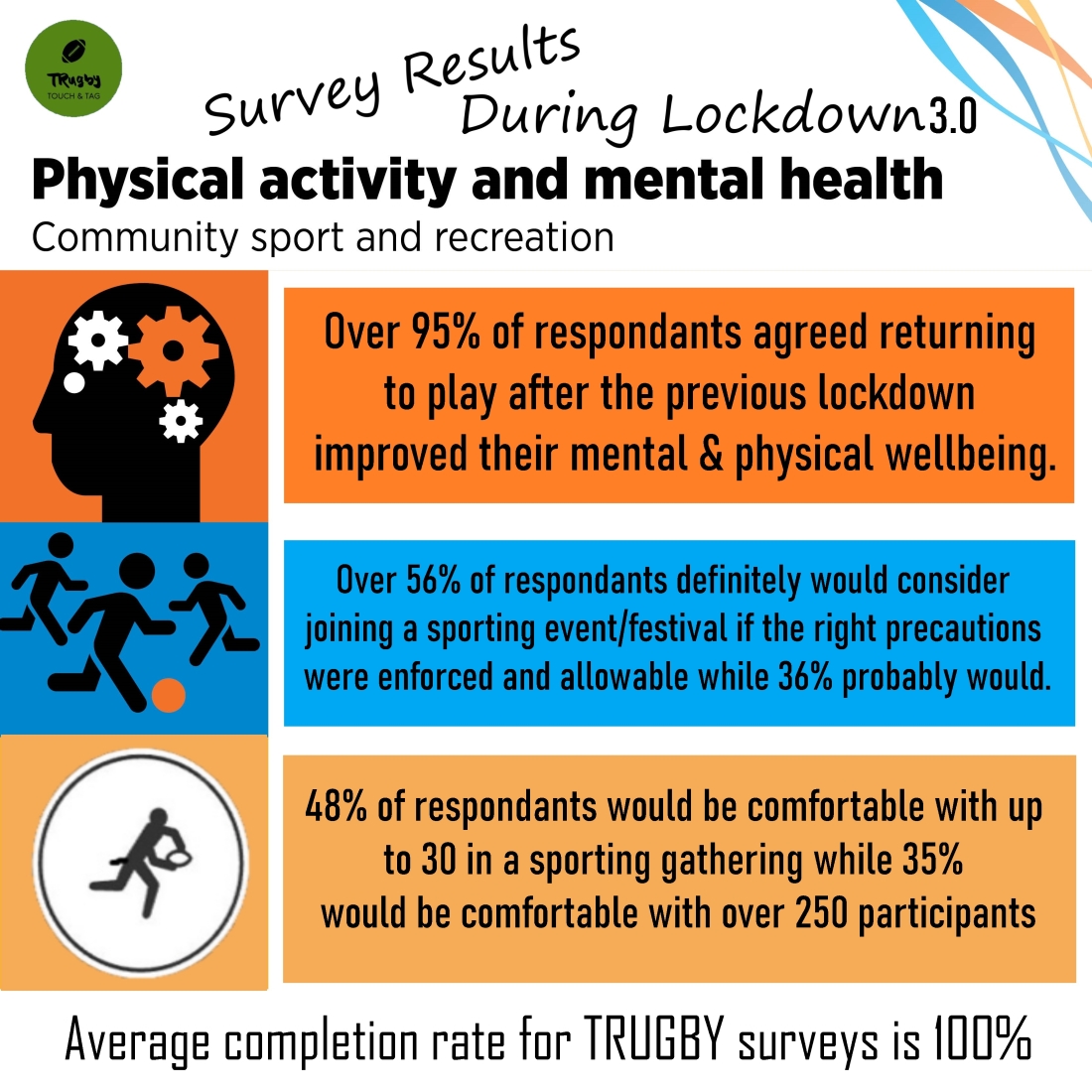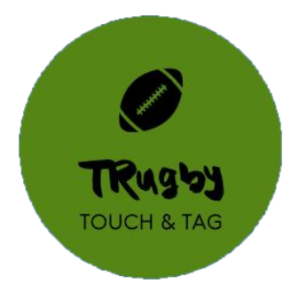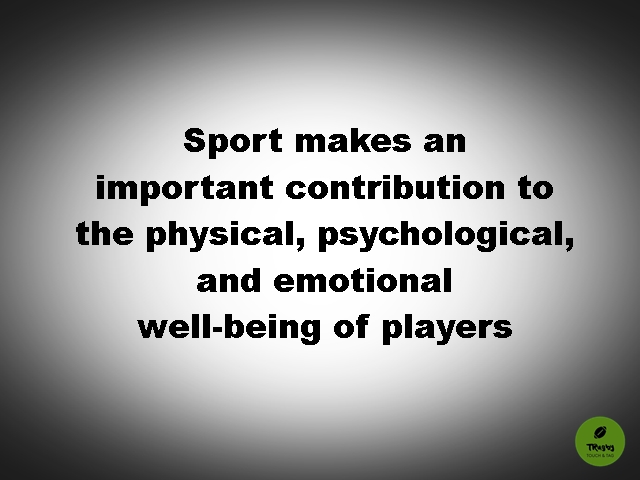First of all the vaccine is not a silver bullet but it’s a glimmer of hope for us to reboot our work environment and lifestyle, but ultimately reduce the deadly spread of the virus and save lives.
As of the 16th of Feb 2021 there are over 20,000 people in UK hospitals because of covid. We need to stop the transmission of the virus. TRUST is of utmost importance.
What is a vaccine?
A vaccine is a type of medical treatment that’s designed to prevent diseases. It does this by teaching the bodies immune system to fight off a virus or bacteria it hasn’t come into contact with before. It’s origin from the Latin Vaccinus ‘from cows’ and the cowpox virus, vaccinia. Further research can be found HERE by the famous physician Edward Jenner. The first vaccine was administered to an 8 year old,in 1796. Jenner exposed the boy to smallpox, and he did not develop the infection.
It was in the the 19th and 20th centuries that vaccine development really took off. As our understanding of bacteria and diseases grew, so too did our ability to combat them. Nowadays, we have vaccines for some of the most dangerous, debilitating and deadly diseases. depending on your stage of life, location, and travel plans, you may need different vaccines to stave off certain illnesses.
How do vaccines work?
It’s a question that requires a basic understanding of how our bodies respond to certain illnesses in the first place. The human body has evolved to have several defense systems. These defenses are a response to the many trillions of disease causing organisms that surround us, such as bacteria, viruses and other pathogens. As well, things like your skin and mucus, your immune system protects you from these pathogens. The immune system consists of many different cells, tissues and organs working together.
When a virus or bacteria invades your body causing disease, your immune response is triggered, identifying and destroying the infectious agents. Part of this process is where your white blood cells create proteins known as antibodies. These antibodies track down the bacteria or virus and mark it to be destroyed. Further information about antibodies which fight back can be found HERE.
Most vaccines contain a harmless form of a bacteria or virus. The original pathogen may have been weakened, killed, or broken apart before being administered. This form of the bacteria or virus is enough to trigger the body’s natural immune response, without actually causing a full-blown illness.
They keep others safe
When enough people in the community are vaccinated, you’re helping to prevent potentially deadly diseases from spreading to those who cannot have vaccines. This herd immunity helps to keep vulnerable people safe.
Types of vaccine
There are several different types of vaccine used in modern medicine. These variations are designed to train your immune system to fight different diseases. Some of the commonly used types of vaccine include:
- Live-attenuated vaccines. These live vaccines contain a weakened version of the bacteria or virus to create an immune response.
- Inactivated vaccines. This type uses a version of the pathogen that has been killed or altered to not replicate.
- Subunit, recombinant, polysaccharide, and conjugate vaccines. Many vaccines use only specific parts (antigens) from the surface of the bacteria or virus.
- Toxoid vaccines. Some bacteria release toxins when they enter the body, and some vaccines use these toxins to create immunity.
- Viral vectored vaccines. This newer technology uses a genetically modified form of the virus to help the body produce antibodies.
- mRNA vaccines. Again, this is a newer form of vaccine that uses messenger RNA, part of the virus’s genetic code, to train the body’s response.
The last two on this list are particularly important, as the current COVID-19 vaccines use this innovative technology. The Oxford-AstraZeneca COVID vaccine uses the viral vector method, while the Moderna and Pfizer-BioNTech vaccines use mRNA.
Does the vaccine prevent spread?
By receiving a vaccine, you gain protection from diseases that can make you seriously ill or even prove fatal. They note the immunity from the vaccine doesn’t begin to emerge until at least 12 days after inoculation. They also add the vaccine doesn’t prevent corona virus infection. The WHO estimates that vaccines prevent 2-3 million deaths per year.
Does the new variant of the virus protect me with this current vaccine?
This vaccine helps protect you from disease and the spread of it. With any variants there is a level of protection and as new vaccines are produced it is adjusted accordingly to the level of safety against the most dominant strain of the virus.
Can I still get Covid after vaccine?
It typically takes a few weeks after vaccination for the body to build protection (immunity) against the virus that causes COVID-19. That means it is possible a person could still get COVID-19 just after vaccination. This is because the vaccine has not had enough time to provide protection
Can vaccinated people travel?
While studies show the vaccines are effective against symptomatic disease, researchers are still learning its impact on asymptomatic infection. For this reason, health officials warn against non-essential travel even after getting vaccinated.
Is it possible to be fully vaccinated against Covid?
The CDC defines full vaccination as two weeks after receiving the second shot of a two-dose vaccine or two weeks after getting a single-shot vaccine. Johnson & Johnson has applied for emergency use authorization for its single-dose vaccine, and an advisory panel is set to consider it at a meeting later this month
Can I get vaccinated if pregnant?
Vaccines are totally safe and there is no evidence to suggest otherwise. These vaccines are much the same as taking minerals or vitamins.There is no evidence the Covid-19 vaccine is unsafe if you are pregnant. Research still continues in this area. You can have the vaccine if you are breastfeeding and do not need to avoid pregnancy after vaccination.The vaccine cannot give you or your baby Covid.
Does the vaccine contain animal fat?
No.
Does the vaccine contain alcohol?
The amount of alcohol present in the vaccines is so minute it won’t present any traces, below the levels of concern.
Will l get side effects from getting the covid vaccine?
According to the NHS, they include:
- a sore arm where the needle went in
- feeling tired
- a headache
- feeling achy
- feeling or being sick
You can take painkillers such as paracetamol if you need to. If you have a high temperature you may have corona virus or another infection.
Current vaccines predominantly used by governments.

mRNA provides instructions to cells to make protein. Moderna’s approach is to use mRNA medicines to instruct a patient’s own cells to produce proteins that could prevent, treat, or cure disease.
Do vaccinations violate human rights under the Nuremberg Code?
No. Social media posts shared thousands of times claim that vaccines directly violate the Nuremberg Code, a set of research ethics principles for human experimentation established after world war two. The claim is FALSE; medical ethics and legal experts said the principles, named after Nuremberg trials, are compatible with vaccination. “The Nuremberg Code is about doing human experiments, not vaccinations,” said Dr Jonathan D. Moreno, professor of bioethics at the university of Pennsylvania.
LATEST PRESS RELEASE HERE ON STATS FROM UK GOVERNMENT
LATEST FROM THE BRITISH ASIAN TRUST COVID-19 Facts for the BAME Community (video)
More information on the covid vaccine can be found HERE
Information updates on the Vaccine Passport/Certificate
THE ABOVE INFORMATION IS RESEARCHED THROUGH NHS, GOVERNMENT BODIES AND ESTABLISHED PRIVATE ENTITIES IN THE MEDICAL FIELD.
NON CONTACT RUGBY – RETURN TO PRACTICE (ONLY) REQUIREMENTS – COVID OPERATION
NCR SELF HEALTH DECLARATION FORM [CVSDF002]
Non-Contact Rugby Policy COVID
Risk-Assessment – Non-Contact Rugby (COVID-19) COVID-19_v1.2
Return to Non-Contact Rugby – ROADMAP INFO-GRAPHIC (update 12/06/20)
Covid Operation Info-graphic WHO




